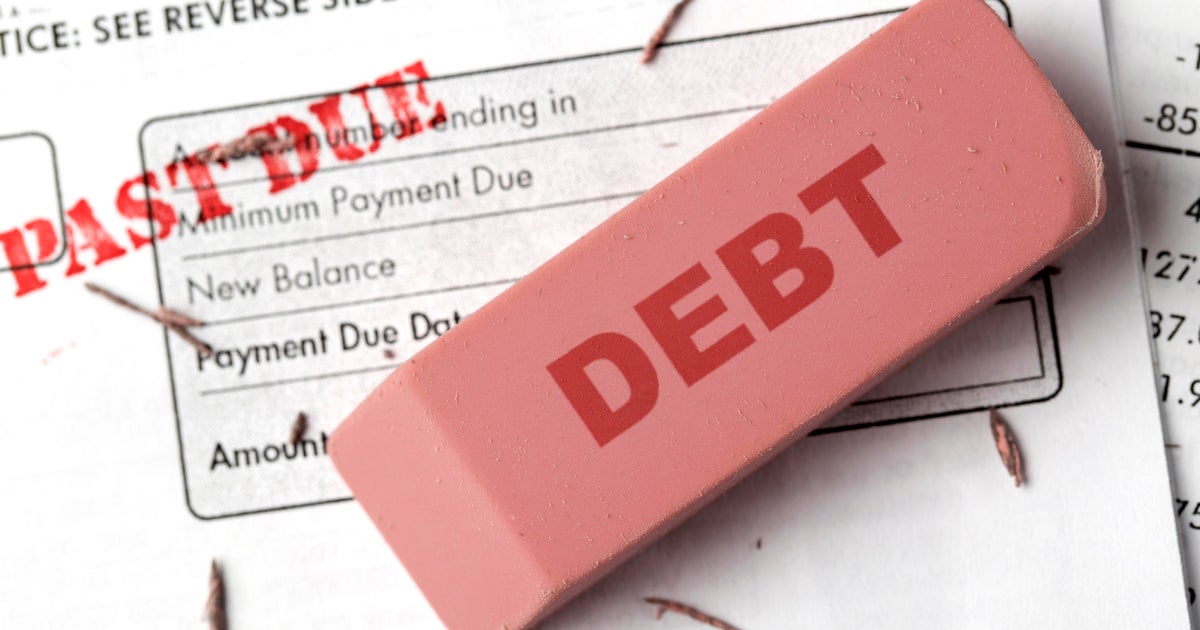3 tips for saving money in 2023 amid rising costs of living
Given the inflationary hellscape of 2022, it comes as no surprise that saving money is one of the most popular New Year's resolutions among Americans heading into 2023.
Americans have seen their buying power shrink this year as the cost of everyday items such as gas, travel, groceries and housing has skyrocketed. Despite ongoing efforts from the Fed to tame it, inflation has continued to climb month after month throughout 2022, with prices peaking in the summer before declining gradually into November.
Nearly 60% of respondents in a survey from tech market research firm Numerator said they plan on saving more money next year. Respondents said they're prioritizing saving because they're worried about how inflation and a possible recession could impact their wallet.
But as with any resolution, the challenge is sticking to it. Here are tips to help get you started on making your savings aspirations for 2023 a reality.
Start small, but be consistent
Perhaps the simplest way to meet your goals of saving money is to automate your savings then boost your contributions whenever possible, Jennifer Streaks, senior personal finance reporter for Business Insider, told CBS News.
Using smartphone apps like Acorns or Chime is one way to automate savings. Consumers can also ask their employer to directly deposit a small portion of their paycheck into a savings account.
"People really think that, to save money, you have to start off with these large amounts," she said. "What you want to do is set the habit. Even if it's $50 a month, it adds up over time."
Track your expenses
A survey from personal finance website The Ascent found that 26% of respondents want to save in 2023 to build an emergency fund. Others surveyed said they want to store cash to make a large purchase, like a new TV or car.
Whatever your reasons, setting a budget to see where your money goes every month is a good first step to building a savings plan, according to Streaks. "Once you see your money grow, you'll want to increase your savings," she said.
A good rule of thumb is to allocate 50% of your paycheck toward everyday needs and 30% toward discretionary items, while socking away 20% of your earnings, according to Kimberly Palmer of NerdWallet.
Reduce your debt, don't overspend
Of the Americans who plan to make a financial resolution this year, 32% say they want to reduce their debt loads, according to a study from Fidelity Investments. That goes hand in hand with 39% who say they want to save more, and 28% who want to spend less, according to the survey.
- How to shed debt and start 2023 on the right financial foot
- Paths to avoid crippling student debt
- Here's how much money you should keep in a checking account
One piece of advice that applies regardless of the season, but that's particularly important to keep in mind when prices are surging and the Fed is hiking interest rates, is to pay off your credit card balance each month. That way, you avoid having to pay any interest on unpaid balances.
"People think by keeping a balance on their credit card it boosts their credit score — it does the opposite," Palmer said. "So you want to try to pay off you balance in full each month."
And when the holidays come around, Palmer encourages shoppers to spread their consumption out over a few months rather than concentrating all of their spending in December.
"It can actually help you as a consumer to spread out your spending. It makes it easier on your monthly budget," she said. "The huge risk is that you end up overspending. So be organized, stick with your list — once you buy a gift for someone, you're done. You don't need to buy another one."
Once you have money saved, consider your options on where to keep it. One of the best ways to save money during high inflation includes storing money in a high-yield savings account.



